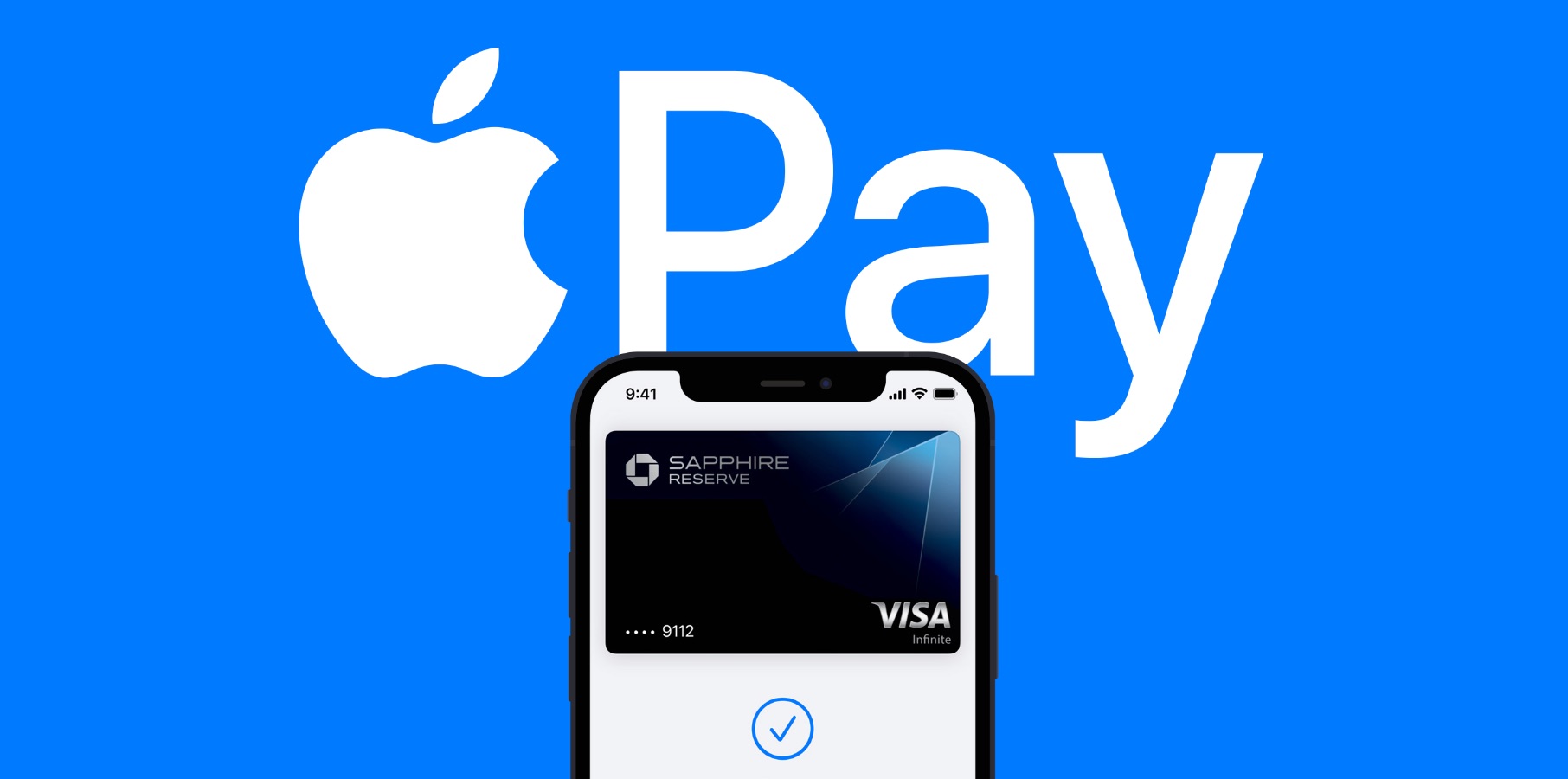Now Reading: Apple Brazil Contests Watchdog Probe on Apple Pay Access
-
01
Apple Brazil Contests Watchdog Probe on Apple Pay Access
Apple Brazil Contests Watchdog Probe on Apple Pay Access

Quick Summary
- Brazil’s competition watchdog, Cade, is examining whether apple shoudl open its Apple Pay system to third-party digital wallets following similar developments in the EU.
- entities like brazil’s Central bank, febraban (brazilian Federation of Banks), and Zetta (representing 20 fintech firms) are pushing for broader NFC payment solutions outside Apple’s Wallet.
- Critics argue that Apple charges a fee per transaction through Apple Pay and want alternatives to avoid these fees.
- in response, apple has claimed it does not hold a dominant position in Brazil’s market as only 10% of Brazilians use iPhones. It also highlights its NFC & SE platform called “Tap to Pay”, introduced in 2024 for vendors globally.
- Apple contends the payment market is highly competitive with ample option options and points out that third-party wallets would still incur transaction fees even if allowed on its platform.
indian Opinion Analysis
The ongoing inquiry in Brazil aligns with global scrutiny of major tech companies over alleged monopoly practices, which could set precedents affecting policies elsewhere, including India-a rapidly growing market for digital payments. India’s own deep adoption of UPI-based systems makes interoperability versus exclusive platforms an notable discussion point as foreign players enter or expand here.
If regulators globally pressure giants like Apple to open their ecosystems further-whether regarding App Store policies or payment systems-India might follow suit given its emphasis on fairness and accessibility within tech markets. This case underscores how countries can leverage antitrust frameworks to ensure equitable business environments while addressing fees impacting fintech growth.
























